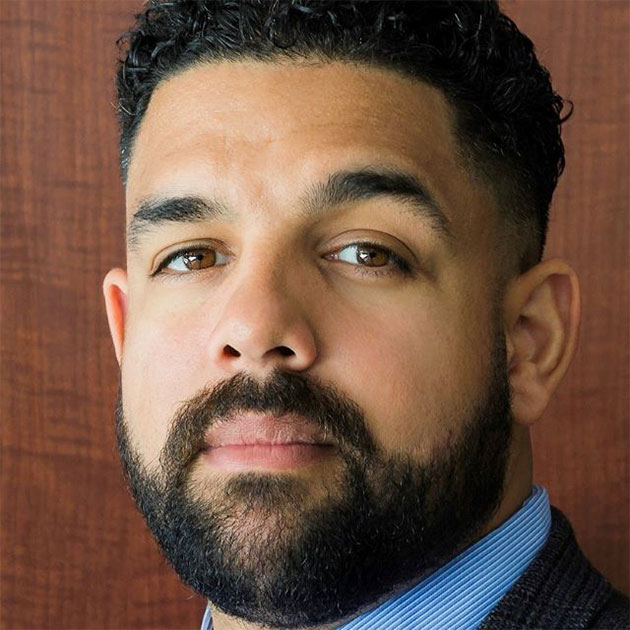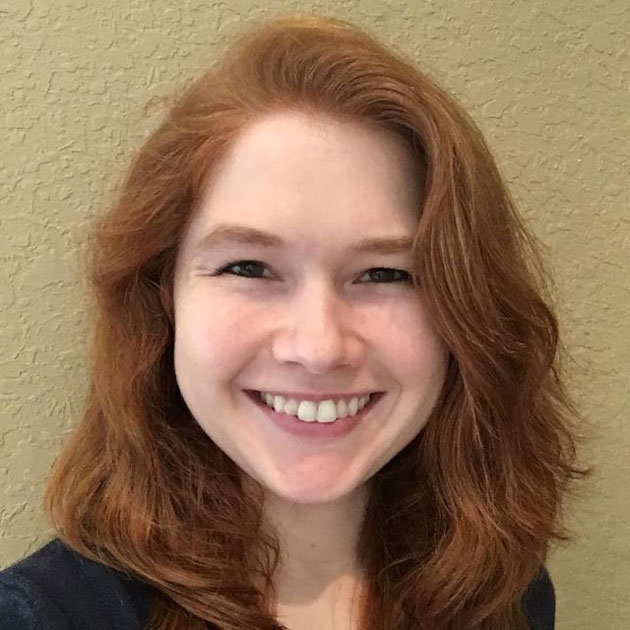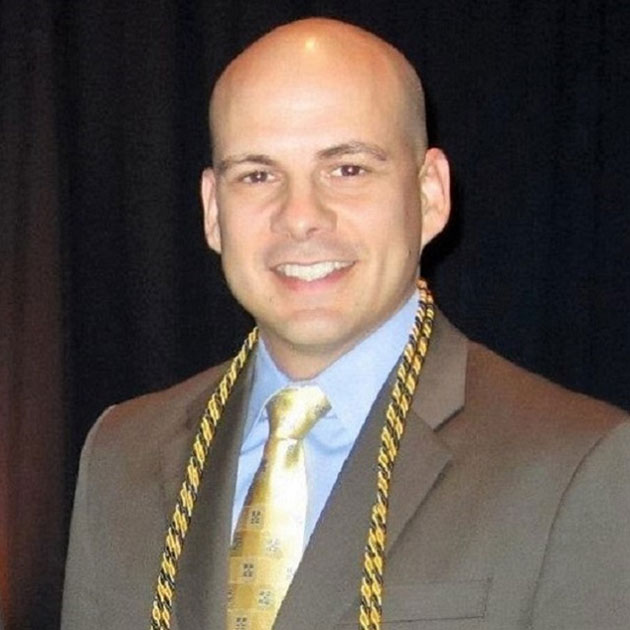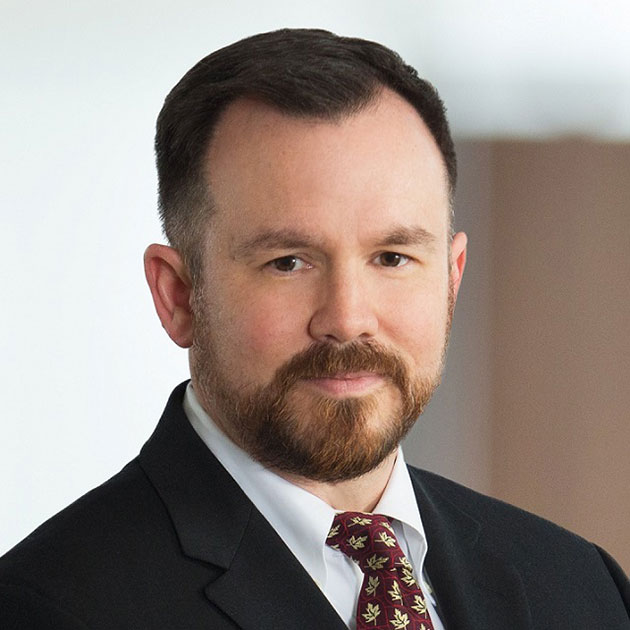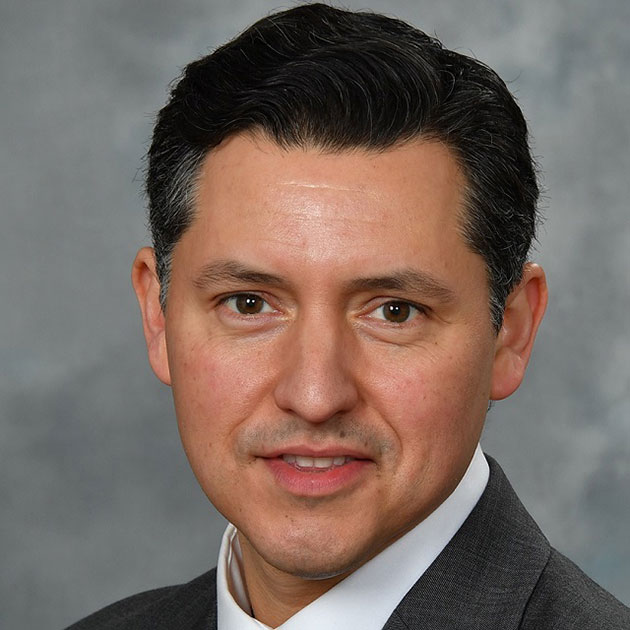
Program Manager, Pearson Education
Joshua Levy combined his lifelong love of teaching with the Jindal School’s project management program to map his future as a leader for Pearson Education, the world’s largest education company and book publisher. A few years into his career there, he noticed that many of his colleagues who were going places had graduate degrees. That is when he decided to explore an MBA with an emphasis in project management and began his journey to an even more promising future.
Tell us the highlights of your professional career. What are your proudest achievements?
Highlights of my professional career and my proudest achievements began in high school when I started working as a teaching assistant in various special-education classrooms. As an undergraduate, I started working weekends as a disc jockey at receptions like weddings and bar and bat mitzvahs, class reunions, company parties and school dances. Following graduation, I dived into public education for about eight years as a special-education teacher and an assistant principal. While I was serving as an elementary school assistant principal, an opportunity came about at Pearson to work as a project manager on the Texas Assessment Alternate Assessments Program, and I have been with Pearson for a little over seven years.…I’ve also had the role of a senior test-development manager for various state and district assessment programs, and I am currently in the role as a program manager for the Tennessee Comprehensive Assessment Program.
What brought you to UT Dallas?
Looking at the people at Pearson whose careers were taking off, I noticed that several of them had MBAs; two people had an MBA from UT Dallas. After extensively researching the benefits of having an MBA, and after researching MBA programs that would fit into my work and life schedule, I came across the UT Dallas Jindal School of Management’s Executive Online MBA Program with an emphasis in project management, which was a three- year program. Reading about the program’s on-site requirements, the schedule for live virtual classes, the cohort learning environment and the international trip appeared to be a good fit for me.
What is your favorite UT Dallas memory?
My cohort’s international trip to Paris for 14 days was a tremendous experience. In addition to the beautiful sights of Paris, I thoroughly enjoyed learning alongside an international cohort from countries like France, Italy, China, United Emirates, Norway and Germany while learning about organizational reframing from our Australian professor. My tour of the European Union was a significant enrichment opportunity as well. Additionally, attending graduation at UT Dallas was an incredible moment, as I felt that strong sense of accomplishment come to a grand finale.
Who was your favorite professor, and/or what was your favorite class and why?
My favorite professor was Sue Freedman, who taught organizational behavior. Her expertise in the organizational behavior arena, as well as her easygoing, yet direct, teaching style, was an added bonus for me as the course was integrated throughout most of our project management courses in the first year of the three-year program. She reinforced my beliefs and values as a leader that understanding ourselves and understanding the behavior of the people we work with are essential components of a successful organization.
What do you enjoy doing in your free time?
I enjoy spending time with my family, training for marathons and cooking. In the evenings during business trips, I enjoy performing karaoke. The bigger the crowd the better! Learn more about the Jindal School’s Executive Education Project Management Program.
What advice do you have for current students hoping to succeed in the business world?
My advice for current students is to follow the advice from my parents, except use your own name where applicable. Also, make a habit of enjoying life as much as possible. A strong, healthy work-life balance will promote a successful working environment for yourself and others, thus significantly increasing the potential for high work productivity from yourself, your teammates and your employees, which in turn greatly increases the chances for a high profit margin. Furthermore, find comfort in your own skin, so that it is not too thick like an elephant’s, but not too soft like a doormat.
What makes an effective leader?
Practice. An effective leader practices diplomacy. An effective leader practices serving others and serving the organization while making room for positive professional development opportunities. An effective leader practices keeping the vision in sight at all times while fulfilling the steps that are needed to turn the vision into reality. An effective leader promotes time management, is a motivator during positive and negative situations, anticipates the customer’s next request and plans accordingly, facilitates mitigation and contingency planning, is an active listener and engages conversations practices continuous improvement
What’s the best advice you have received?
For life in general, my mother tells me, “Be nice to everyone because you never know when you might see them again.” And for those moments when things don’t always go well, my mother tells me…a fun contradiction to the aforementioned advice, “Don’t worry; you’ll never see them again.” When I need a pep talk in the teeth-clenching moments leading up to facilitating a make- or-break meeting, my dad advises me to “JBJ,” which is texting language for “Just Be Joshua.”

